Op-ed: Mass. has to return to its high standards for education
/0 Comments/in Featured /by Editorial StaffIts 25th anniversary is an appropriate time to reflect on the success of Massachusetts’ 1993 Education Reform Act. Yet instead of rededicating ourselves to all the work still to be done, the Commonwealth seems to be turning away from the core principles of an approach that brought unprecedented success.
In the early 1990s, Massachusetts’ broken educational standards and financing system were in urgent need of reform. Wide funding disparities existed between wealthy suburban districts and poor urban and rural ones. Due to the misguided practice of social promotion, students frequently graduated from high school without the academic preparation to succeed in college or the workplace. Parents who desperately sought alternatives for children trapped in failing public schools had few options.
The 1993 act included comprehensive measures to address these challenges. We are proud to have played central roles in the creation of this law in our former positions as governor and Senate chair of the Legislature’s Joint Education Committee. Read the rest of this op-ed in The Boston Globe.
Check out our related analysis and commentary:

Poll Finds Mixed Views About Schools’ Pandemic Performance

Study: Systemic Failure in IDEA Implementation for Private School Students with Disabilities in Additional States

Key Madison Park Program Lags Other State Voc-Techs, but Shows Signs of Improvement

New Book Offers Roadmap to Sustainability for Massachusetts Catholic Schools

New Study Provides Toolkit for Crafting Education Tax-Credit Scholarship Programs

Study: Signs of Progress at Madison Park, but Still a Long Way to Go

MA’s Remote Learning Regs Should Specify Consistent District Grading Policies, Return of MCAS in 2020-21

New Pioneer Study Looks to International Examples to Inform Massachusetts K-12 Schools Reopening

Public Statement: Pioneer Institute Applauds U.S. Supreme Court Ruling in Espinoza School Choice Case
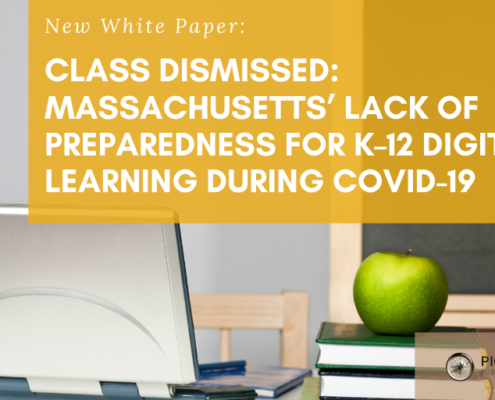
Pandemic, Lost Instructional Time Reveal Massachusetts’ Digital Learning Weaknesses

Experts Find K-12 Online Education Can Be Appropriate for Most Special Needs Students
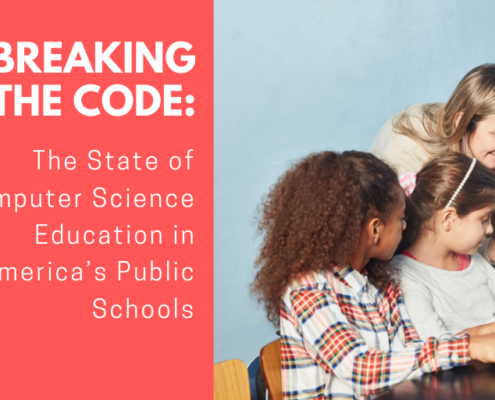
Study: Officials Must Address Basic Questions to Improve Public School Computer Science Education
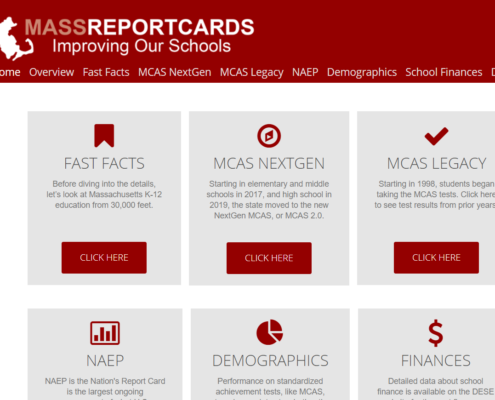
Pioneer Institute Relaunches “One-Stop Shop” for Education Performance Data

Study Finds Historic Drop in National Reading and Math Scores Since Adoption of Common Core Curriculum Standards

New Report Offers Case Study for Transition to Online Learning
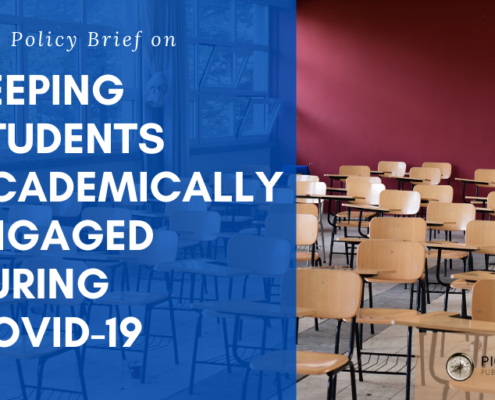
New Brief Calls on the USED for School Closure Guidelines During COVID-19
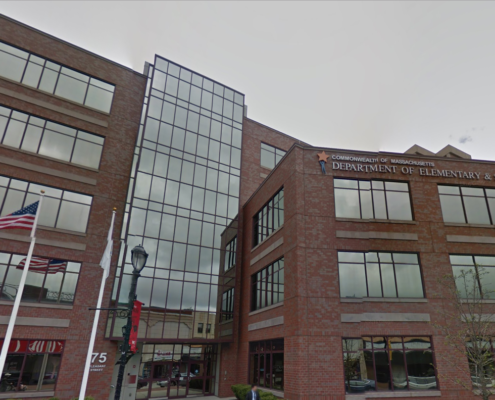
Public Statement on MA DESE Blocking Federal Funding to Religiously Affiliated Special Needs Students




